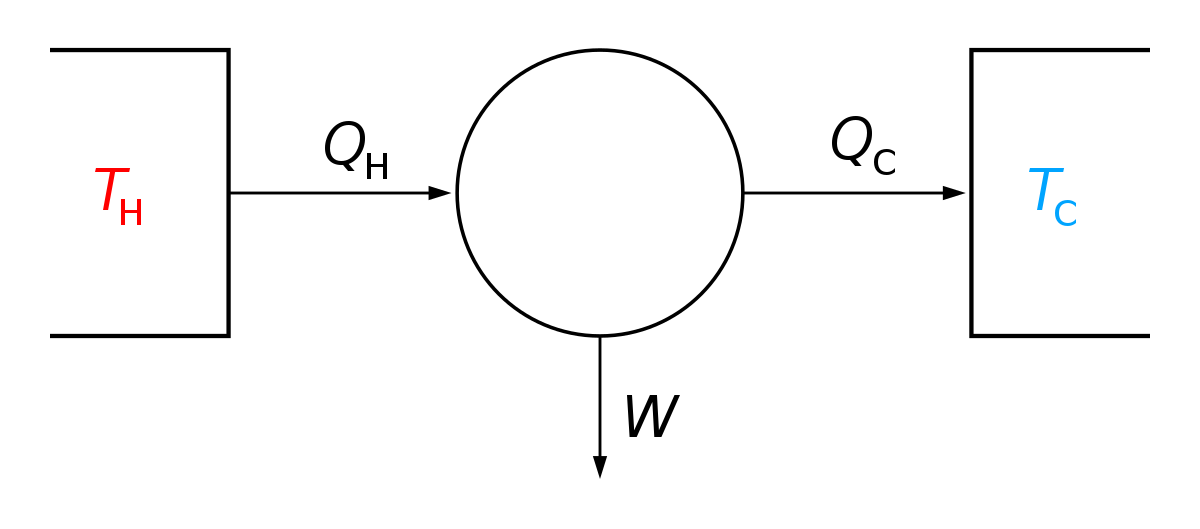Let's review.
Scientifically, a "creator" requires information that exists outside of space and time.
So far there is no proof for such a thing. In fact everything we see suggests the opposite. Information is conserved, it neither enters nor leaves the universe.
What we have, here in Flatland, is local concentrations of information. They go by names like matter, and life. We can trace the increasing complexity of these local information structures to within seconds of the big bang.
Any time information is created, there must be an increase in entropy somewhere else. This action is shown at the quantum level by the degradation of entangled states. They interact with "something" (possibly the microwave background radiation, or possibly even the vacuum itself) and information is transferred away from them.
To prove even the POSSIBILITY of a creator, one must show that information can exist outside of spacetime.
Scientifically, a "creator" requires information that exists outside of space and time.
So far there is no proof for such a thing. In fact everything we see suggests the opposite. Information is conserved, it neither enters nor leaves the universe.
What we have, here in Flatland, is local concentrations of information. They go by names like matter, and life. We can trace the increasing complexity of these local information structures to within seconds of the big bang.
Any time information is created, there must be an increase in entropy somewhere else. This action is shown at the quantum level by the degradation of entangled states. They interact with "something" (possibly the microwave background radiation, or possibly even the vacuum itself) and information is transferred away from them.
To prove even the POSSIBILITY of a creator, one must show that information can exist outside of spacetime.

